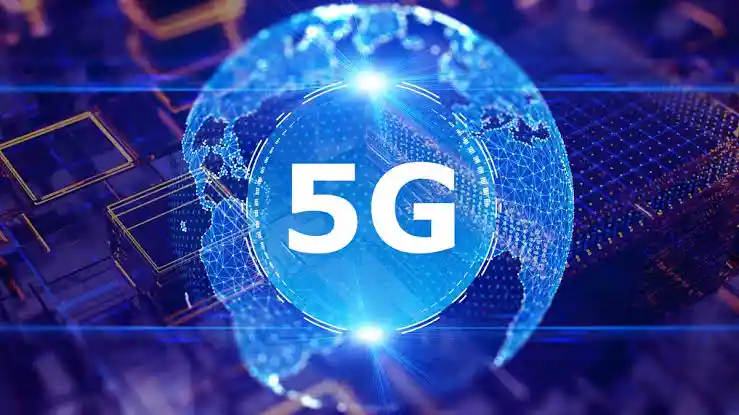The Rise of 5G Technology: Transforming Connectivity and Beyond, What You Should Know
- Advertisement -
5G technology is revolutionizing the way we connect and communicate, offering faster speeds, lower latency, and unprecedented opportunities for innovation. This article explores the fundamentals of 5G, its transformative applications, and its impact on industries worldwide. Dive in to understand how 5G is shaping the future.
What is 5G Technology?
5G stands for the fifth generation of mobile network technology. It builds on the foundation of its predecessors (2G, 3G, 4G) by providing faster data transfer, enhanced connectivity, and greater capacity. Key features of 5G include:
- Ultra-Fast Speeds: Up to 100 times faster than 4G.
- Low Latency: Response times as low as 1 millisecond.
- Massive Device Connectivity: Supports up to 1 million devices per square kilometer.
These features make 5G a game-changer for industries, enabling smarter cities, advanced healthcare, and more efficient communication.
- Advertisement -
| Feature | Advantage |
|---|---|
| Ultra-Fast Speeds | Faster downloads and streaming |
| Low Latency | Real-time communication |
| Massive Connectivity | Supports IoT devices at scale |
Applications of 5G Technology
5G is not just an upgrade in speed; it’s a foundation for transformative innovations across various sectors.
1. Smart Cities
5G enables smart city initiatives by connecting sensors, cameras, and devices to streamline urban management. From traffic control to waste management, 5G ensures efficient and sustainable city operations.
- Advertisement -
2. Healthcare
With low latency, 5G allows for remote surgeries and real-time monitoring of patients. Wearable devices connected through 5G provide instant health updates, improving patient outcomes.
3. Gaming and Entertainment
5G is revolutionizing gaming with cloud-based platforms, offering lag-free experiences. It also enhances augmented and virtual reality (AR/VR), creating immersive entertainment options.
| Industry | 5G Application | Impact |
|---|---|---|
| Smart Cities | IoT device integration | Improved urban management |
| Healthcare | Remote surgeries | Enhanced accessibility and outcomes |
| Entertainment | AR/VR technologies | Immersive and seamless user experiences |
- Advertisement -
How 5G is Impacting Businesses
The adoption of 5G is creating new opportunities for businesses:
- Enhanced Productivity: Faster communication and collaboration tools.
- Better Customer Experiences: Instant services and personalized interactions.
- New Business Models: Innovations like autonomous vehicles and smart manufacturing are becoming viable.
For example, in manufacturing, 5G allows real-time monitoring of equipment, reducing downtime and improving efficiency.
Challenges of 5G Deployment
Despite its potential, 5G faces several challenges:
- Infrastructure Costs: Deploying 5G requires significant investment in new infrastructure.
- Security Concerns: With more connected devices, the risk of cyberattacks increases.
- Geographical Disparities: Rural areas may face delays in 5G implementation.
Addressing these challenges will require collaboration between governments, telecom providers, and technology companies.
Conclusion: Embracing the 5G Revolution
5G technology is more than just faster internet—it’s the backbone of future innovations. From smart cities to advanced healthcare and immersive entertainment, the possibilities are limitless.
- Advertisement -
Understanding Artificial Intelligence (AI) and It’s Impact on Technology
As 5G continues to expand, it is essential to address its challenges while maximizing its benefits. The future of connectivity is here, and it’s powered by 5G.
- Advertisement -


